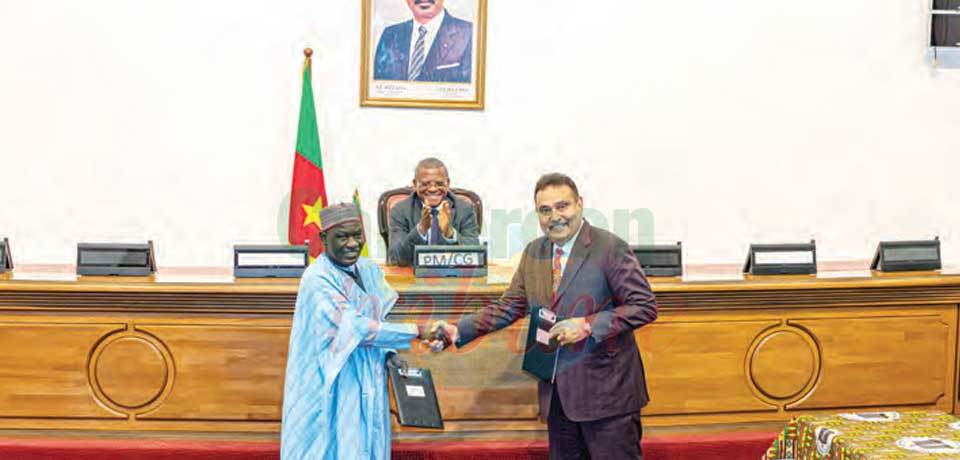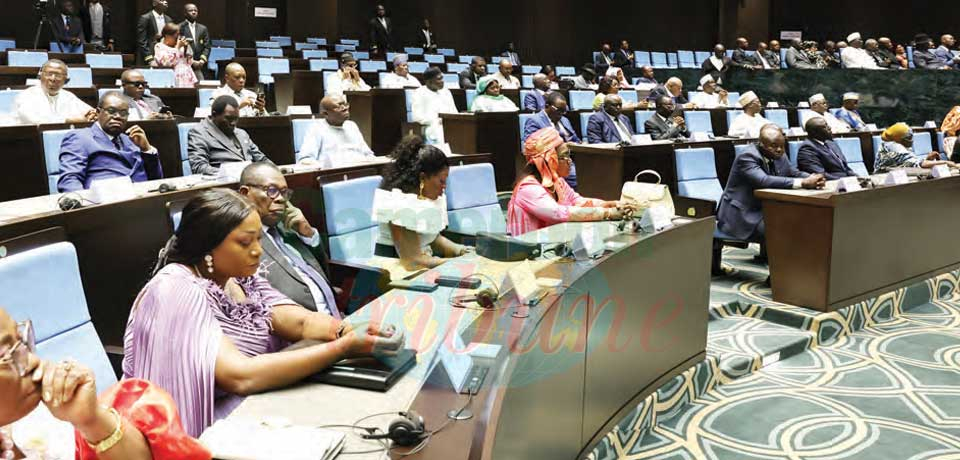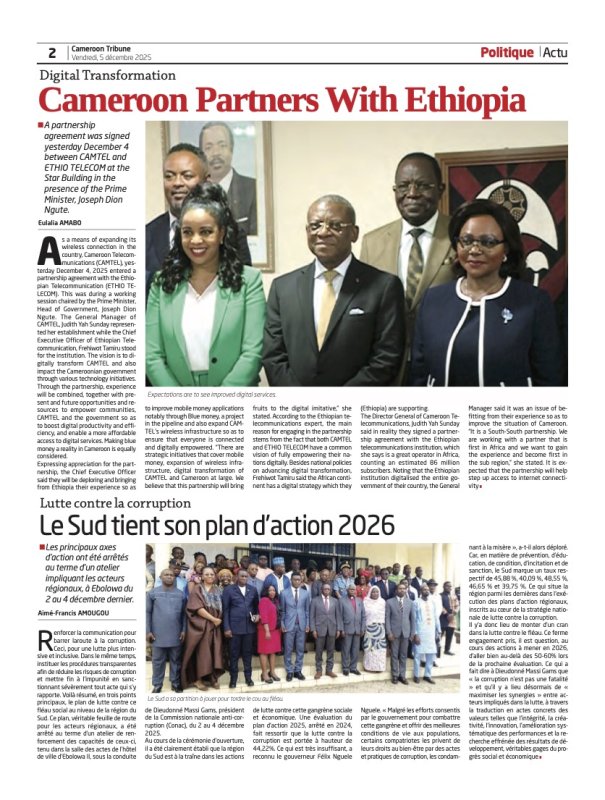Regional Administration : Drifting Towards Real Autonomy
- Par LUKONG Pius NYUYLIME
- 18 Dec 2019 17:48
- 0 Likes
The bill on the general code of Regional and Local authorities ushers in desirable elements capable of injecting more powers into regional administration when applied.
The whole issue with Book IV of the bill on the General Code of Regional and Local authorities which focuses on the functioning of the Regions might no longer be questioning why a structure that has never gone operational since its creation is being innovated. As justified in the explanatory statement of the bill, the provisions relating to the organisation and functioning of Regions were guided by the same desire for "precision and clarity." In effect, based on the experience drawn from the management of councils and the country as a whole, government which has tabled the bill believed the normative framework of the existing law establishing Regions required a relook. This review from every indication has brought innovations which from every reading tells of the intension of government to broaden the powers of Regional administration and furthermore deepen those of the Northwest and Southwest Regions within the framework of the recommendations of the major National Dialogue.
The question now is, what are these innovations and how will they enable government to achieve its goal of relinquishing some of its powers to the local population? The bill which can equally be considered proposal for the revision of the old law comes back on the composition of the Regional Council. The Regional Councilors to this effect, shall be composed of 90 whose term of office shall be five years. In addition to this, the major innovation of the bill seems to be the "establishment of a special legal regime" conferred on the Northwest and Southwest Regions, powers deriving from their specificity. Such powers the bill says relate to participation in the development of national public policies relating to the English-speaking educational and justice sub systems in accordance with the Common Law system, the establishment and management of regional development missions as well as the status of traditional chieftaincy. Still as concerns the two English-speaking regions, their regional bodies shall be the Regional Asse...
Cet article complet est réservé aux abonnés
Déjà abonné ? Identifiez-vous >
Accédez en illimité à Cameroon Tribune Digital à partir de 26250 FCFA
Je M'abonne1 minute suffit pour vous abonner à Cameroon Tribune Digital !
- Votre numéro spécial cameroon-tribune en version numérique
- Des encarts
- Des appels d'offres exclusives
- D'avant-première (accès 24h avant la publication)
- Des éditions consultables sur tous supports (smartphone, tablettes, PC)














Commentaires